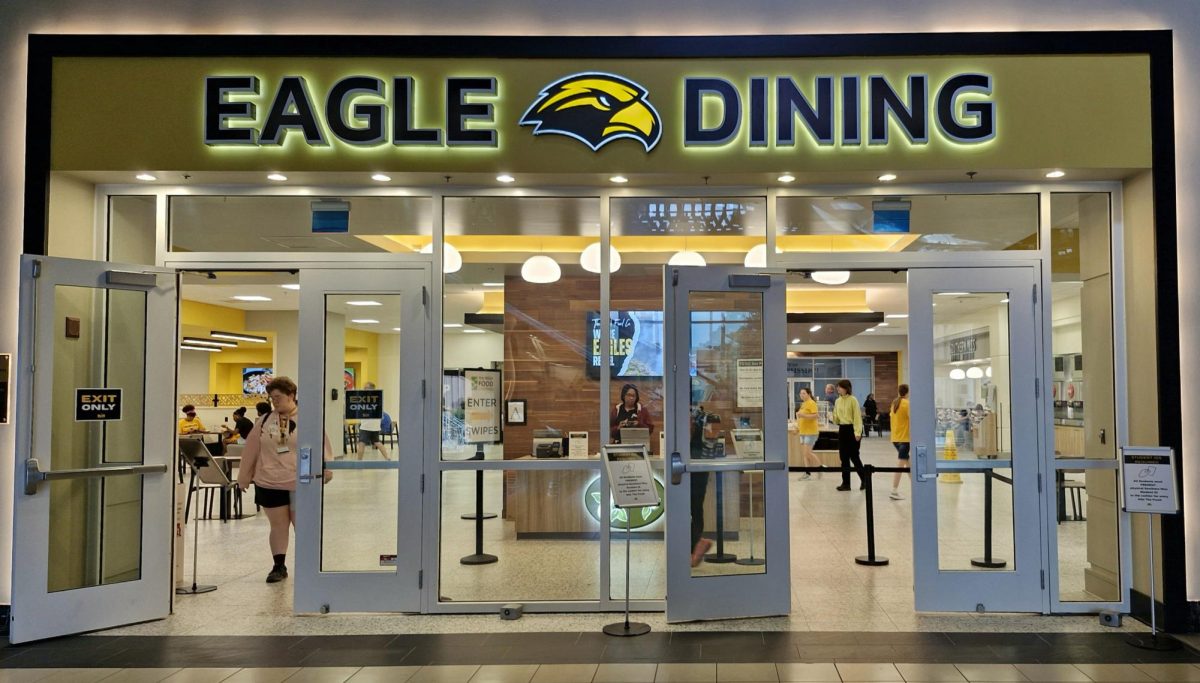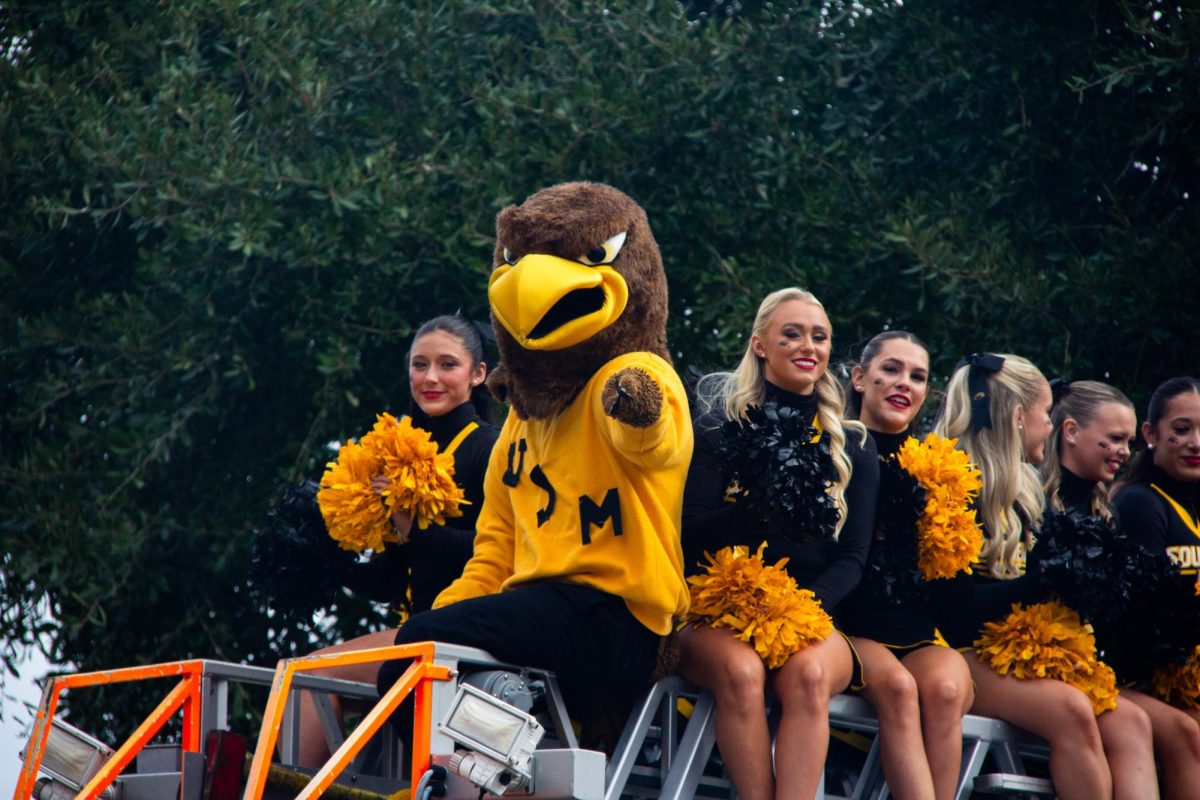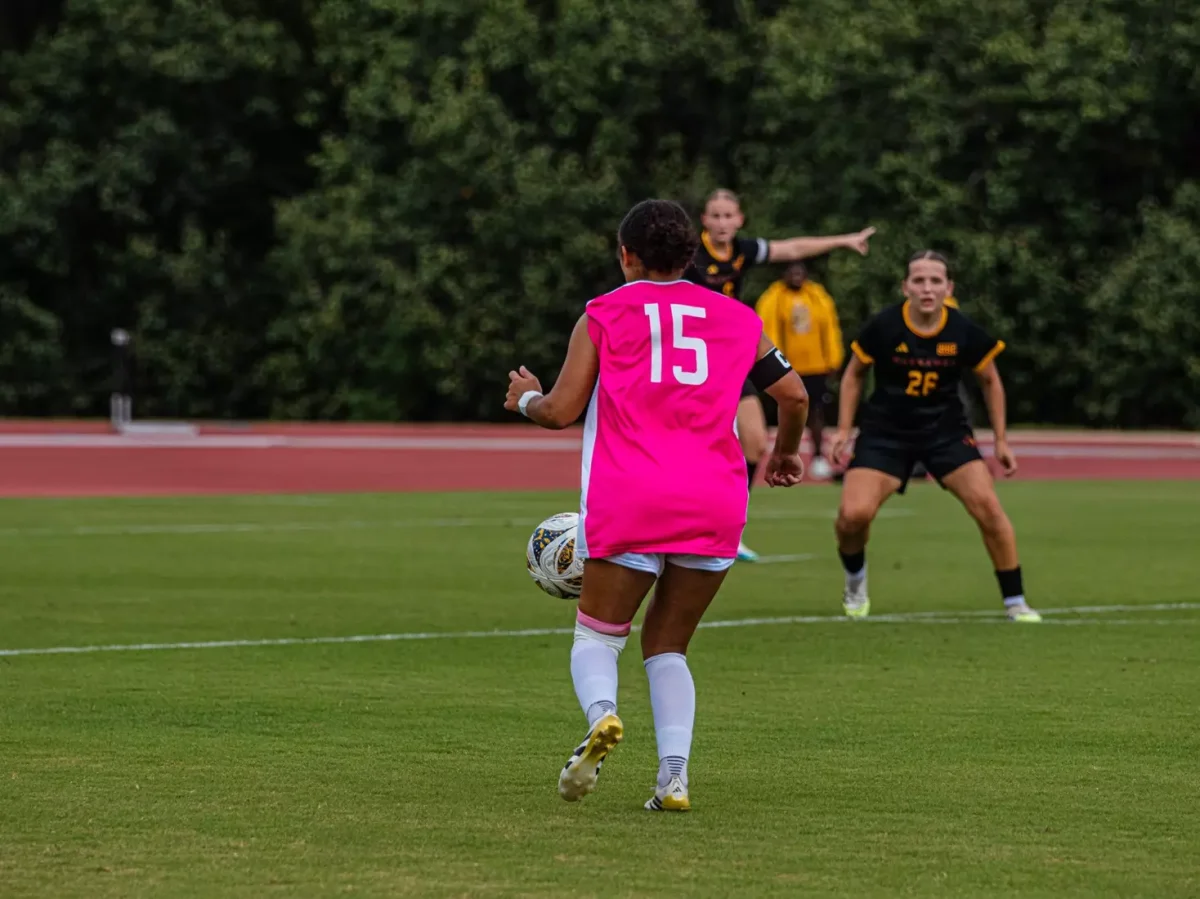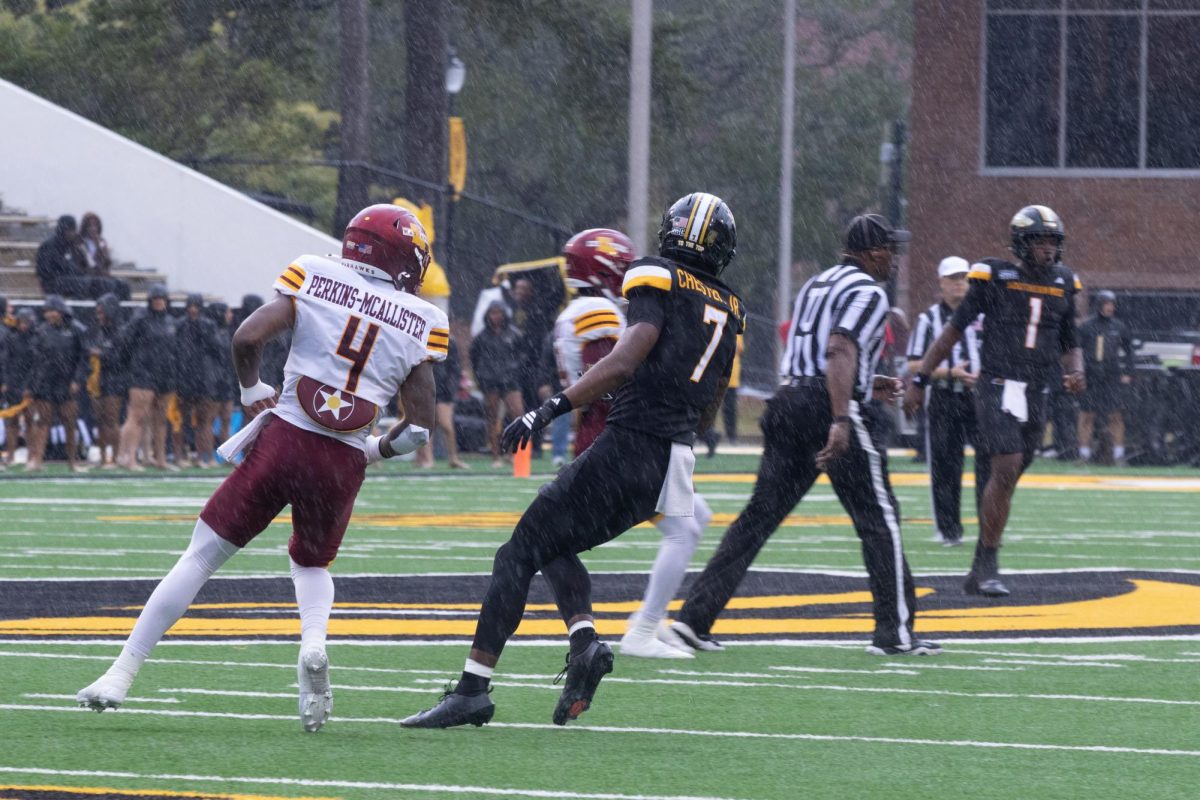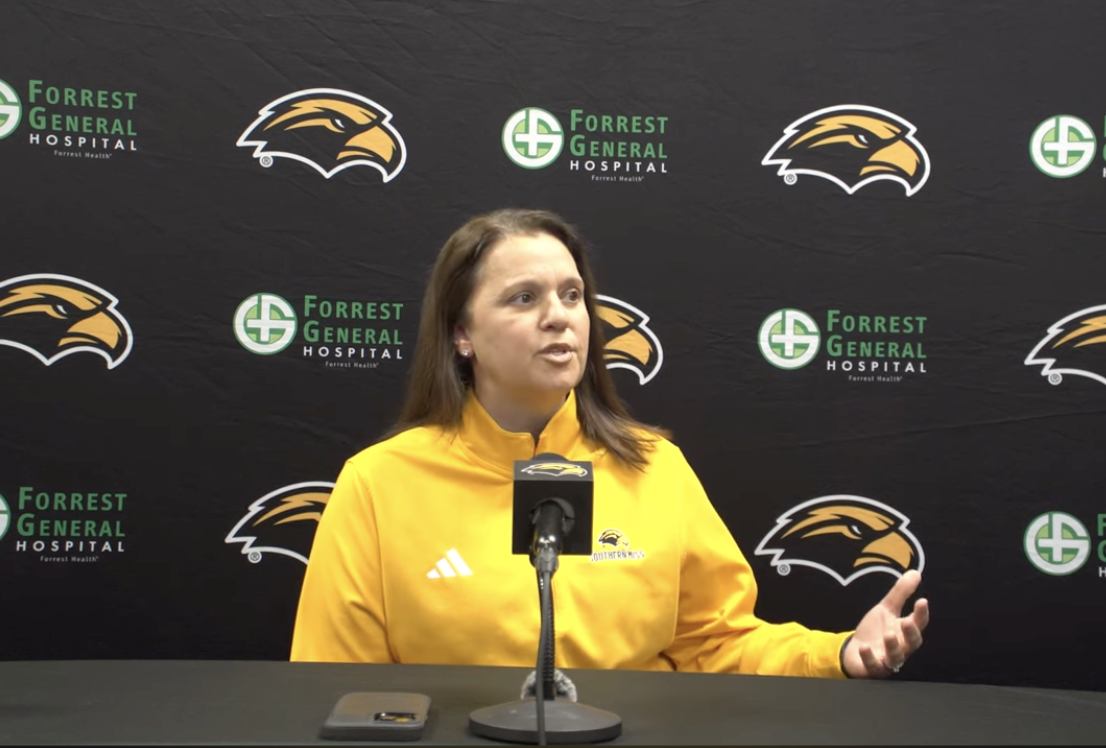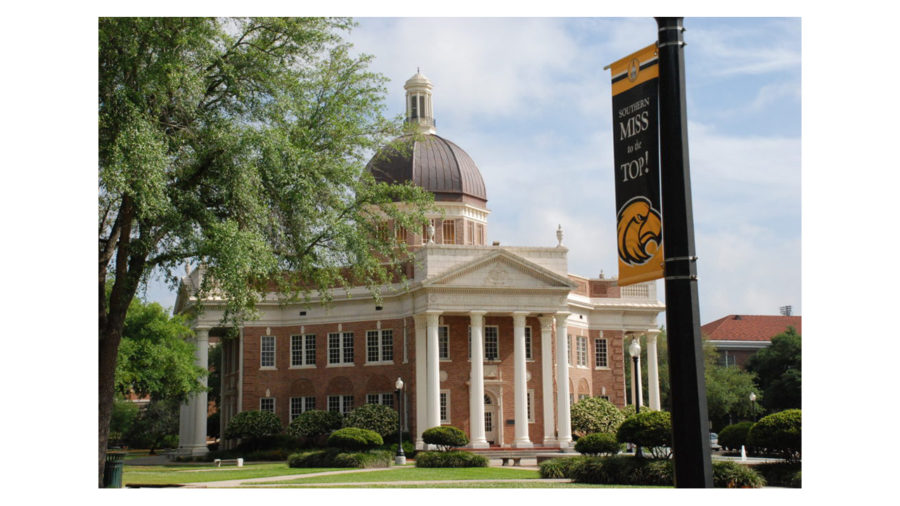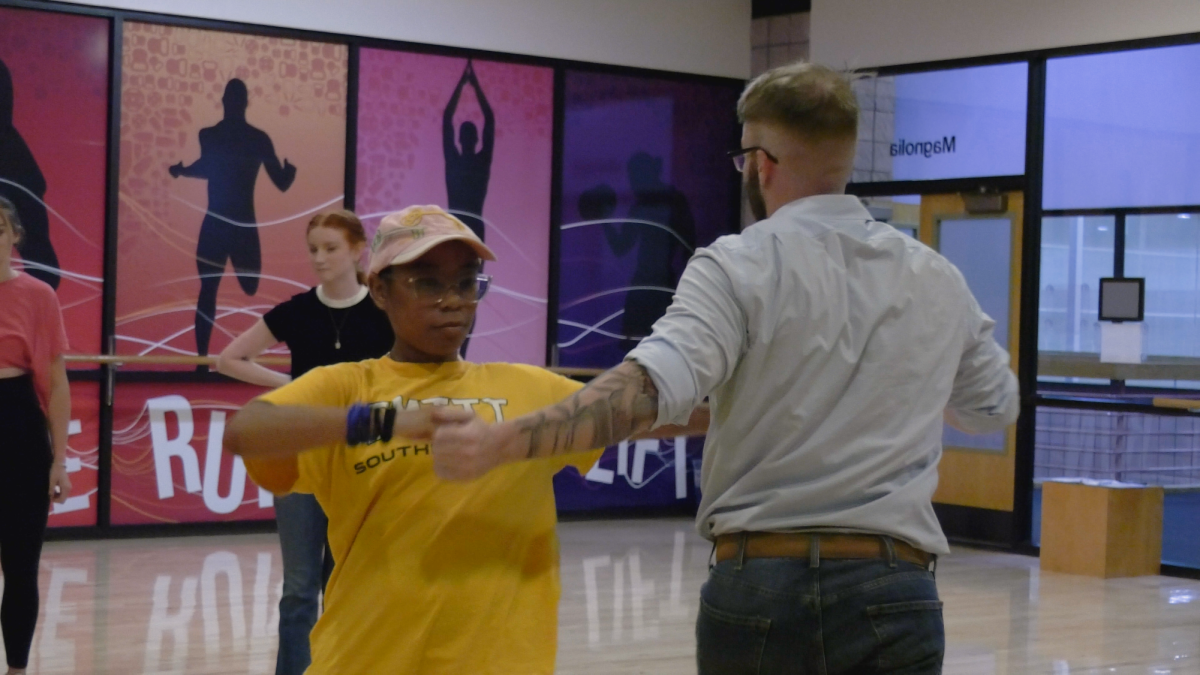For students who are currently seniors at Southern Miss, graduation may be around the corner, but some will choose to further their education and attend graduate school.
Not everyone knows how much forethought and preparation is involved in applying to graduate school. Fortunately, some students with experience in applying to graduate school have offered advice for interested students.
Andrew Giovengo, who graduated from Southern Miss in December with a B.S. in physics and is currently in the process of applying for graduate school, cites selecting schools that offer graduate programs in your chosen discipline as one of the first steps of the process.
Certain programs sometimes emphasize certain aspects of a discipline, which makes research into schools and programs highly important.
Given that each school typically has an application fee, Giovengo notes that money also affects the selection process. Depending on the amount of funds at your disposal, this may limit the number of schools you can apply for, so having a small list of schools you know you would like to attend is beneficial.
Before someone can submit an application, however, that person generally needs to take the Graduate Records Examination, or GRE, which assesses a student’s critical thinking, analytical writing, verbal reasoning and quantitative reasoning skills.
For the GRE, the General Test portion costs $160 for students within the United States, and the Subject Test portion costs $150. Much like other admission tests, such as the ACT or SAT, the GRE can be taken multiple times. Schools have various admissions requirements when it comes to GRE scores, so prepare accordingly.
After receiving their scores, students must send their scores and transcripts to the schools they are interested in attending. Sending either of these costs a small fee per school. They may also take a few days to process.
Once the scores and transcripts have been sent, students may begin the actual application process.
Most schools require three recommendation letters from prospective students, so establishing and maintaining relationships with professors is important for students wishing to attend graduate school.
The application itself often involves filling out personal information, writing essays and sometimes sending in a resume or CV.
“Make a trip to USM Career Services to work on your resume, personal statement, and purpose statement,” Giovengo said. “Some schools require a personal statement. Some require a purpose statement. They are different, but Career Services will help you with that.”
Different schools and programs have different deadlines, so being aware of those deadlines is important.
Graduate school, of course, is not only for those who are graduating this school cycle. Students who have graduated with their bachelor’s may return to school years later to pursue a higher degree.
Tara Rigdon, who graduated with a B.A. in Education of the Deaf and Hard of Hearing from Southern Miss in 2003, returned to Southern Miss in 2014 to earn her master’s degree in Educational Leadership and Administration, which she completed in 2015.
Rigdon said both students soon to graduate with bachelor’s degrees and returning students alike will have to juggle multiple responsibilities within their lives.
“Personal obligations don’t stop for schooling. Work doesn’t stop for schooling,” Rigdon said. “I had to give up some things to make time for [schooling] because it was that important to me.”
Rigdon noted that the choice to return to school was not one she made lightly, and she cautioned others to give the decision ample consideration.
“Carefully consider the options and choose what is best for both your career and your family,” Rigdon said. “My master’s and doctorate are both best for me, but you must be sure it is something you can commit to. This isn’t a decision to make on a whim. It will make or break you. It is tough. Be ready to put in the work. However, that said, the end is most definitely worth the means.”



